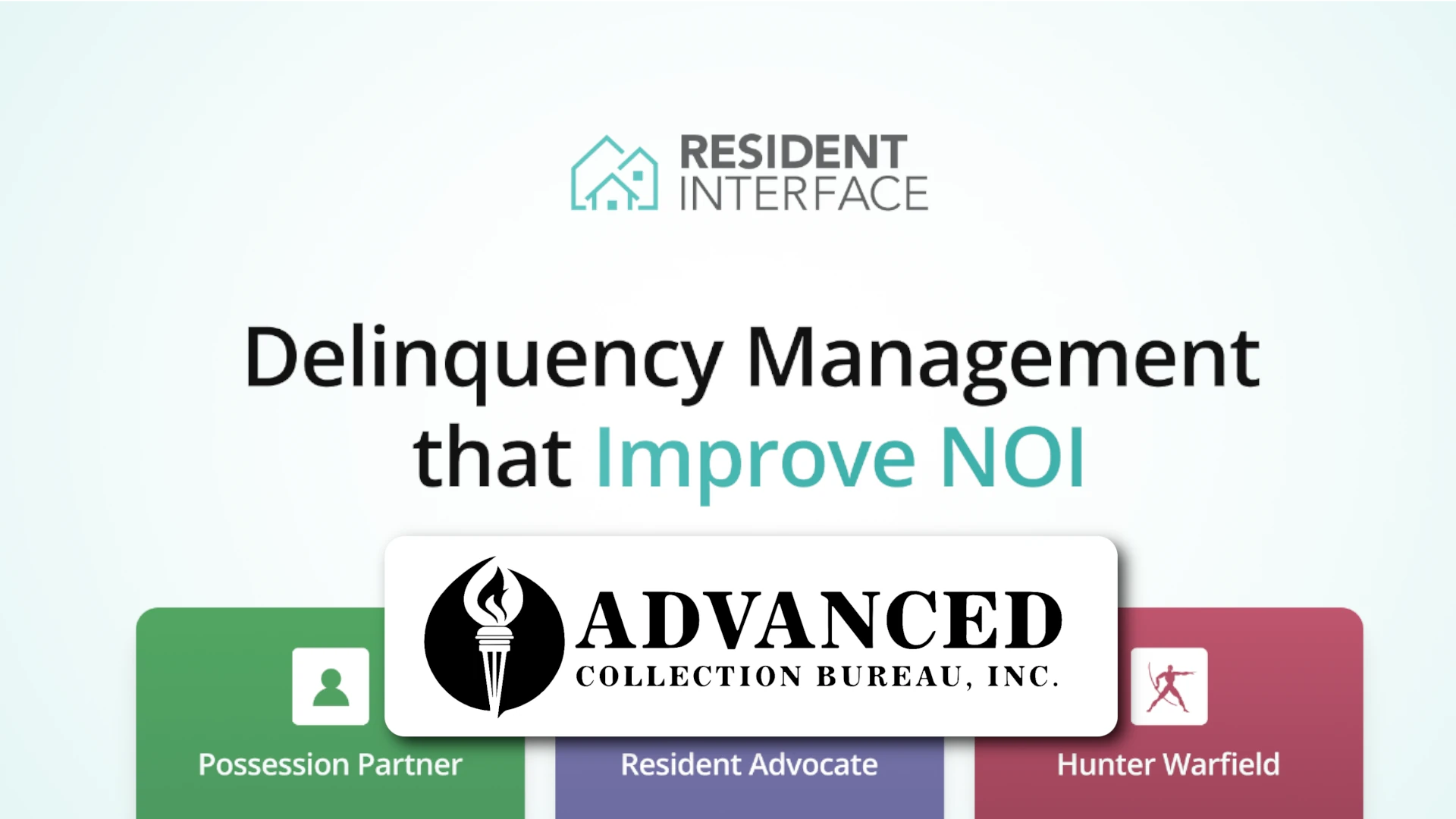Finding the right tenant starts with an effective tenant application. A well-designed application helps landlords collect the necessary information to evaluate potential renters and make informed leasing decisions. While it is important to ensure that all applicants are treated fairly and in compliance with housing laws, a thorough application process can prevent issues such as late payments, lease violations, and costly evictions.
The Purpose of a Tenant Application
A tenant application serves as a screening tool to gather key details about a prospective renter. It provides insight into their financial stability, rental history, and background. This document helps landlords assess whether an applicant is likely to be a responsible tenant who pays rent on time and takes care of the property.
A strong application should strike a balance between collecting the necessary information and respecting the applicant’s privacy. Asking for too little information can lead to uninformed decisions, while requesting excessive details may deter qualified applicants.
What to Include in a Tenant Application
An effective tenant application should request basic personal details such as full name, contact information, and date of birth. Additionally, it should ask for employment and income verification, as stable income is a strong indicator of a tenant’s ability to make rent payments. Requesting pay stubs, tax returns, or an offer letter from an employer can provide proof of financial responsibility.
Rental history is another key factor. The application should include the contact details of previous landlords to verify whether the applicant has a history of on-time payments and responsible tenancy. If an applicant has a record of evictions or frequent moves, it may be worth investigating further.
A credit and background check authorization is also important. Credit reports help landlords assess an applicant’s financial reliability, while background checks can identify any past legal issues that may be a cause for concern. It is crucial to follow all legal guidelines when conducting these checks to ensure compliance with fair housing laws.
Making the Application Process Efficient
A clear and straightforward tenant application encourages more applicants to complete it accurately. Online applications have become increasingly popular, making the process more convenient for both landlords and tenants. Digital applications allow for easier document submission and faster screening.
Landlords should also be transparent about their screening criteria. Providing a summary of the application process, expected response time, and minimum requirements can help applicants understand what is needed to be considered for a rental. This can also reduce the number of incomplete or unqualified applications.
What to Do After Receiving an Application
Once an application is submitted, landlords should review the information carefully and follow up with any necessary verification. Speaking with previous landlords, confirming employment details, and running credit and background checks are essential steps in making an informed decision.
If an application is denied, landlords must ensure they comply with fair housing laws by providing a valid reason for the rejection. If an application is approved, the next step is to finalize the lease agreement and collect any required deposits.
For landlords dealing with tenants who have unpaid rent or other lease violations, working with a professional collection agency can help recover outstanding balances. Advanced Collection Bureau specializes in assisting landlords with past-due accounts, ensuring compliance with debt collection laws while maximizing recovery efforts. If you need assistance with unpaid rent, work with us today to explore how we can help.














